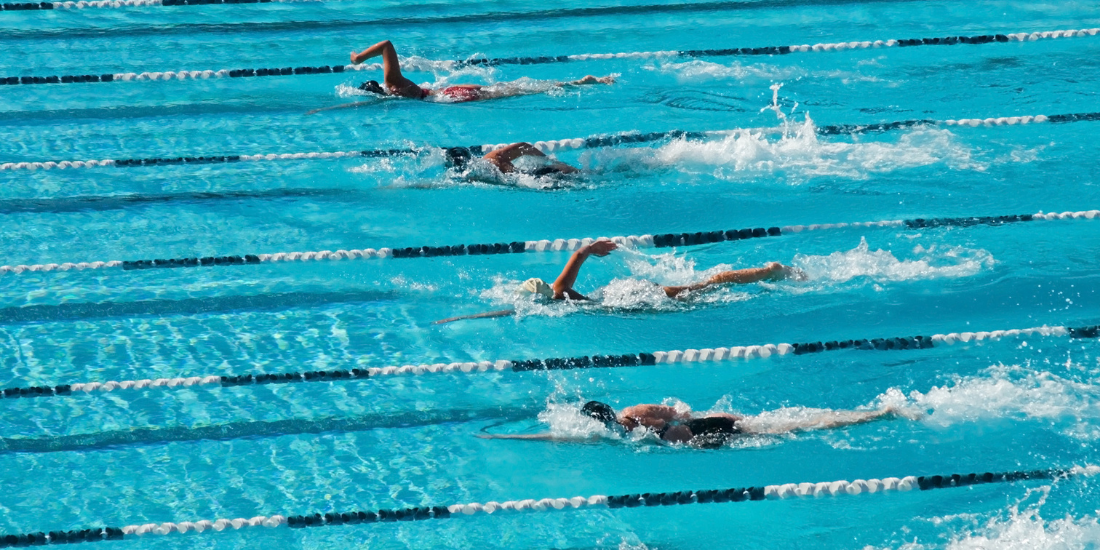
The importance of supporting the mental health of elite athletes is again in the spotlight following the Olympic Games in Tokyo.
US gymnast Simone Biles’ decision to withdraw from two events at the Olympics to focus on her mental health reignited the global conversation about the pressures successful athletes face.
Professor Rosemary Purcell, head of Orygen's elite sports and mental health program, along with her colleagues Associate Professor Simon Rice and Dr Courtney Walton, are among the experts leading public dialogue around the issue, giving interviews with leading media outlets worldwide.
Young athletes such as Biles were helping to shift the conversation around the importance of mental health care for elite athletes, she said.
“Athletes set themselves such a high bar but it’s good to remember their mental health needs are just as important as their physical health.”
“Tennis player Naomi Osaka’s withdrawal from the French Open earlier this year had already put this issue in the headlines and helped to shine a light on the importance of mental health in elite sport,” she said.
Research by Professor Purcell and her team has shown athletes are often more vulnerable to experiencing mental health symptoms when compared with the general population.
“That's got to do with things like performing in a high-pressure context where they are scrutinised on their results, and you're only as good as your last performance,” Professor Purcell said.
“There’s also often a public assumption that physical strength and ability is matched by mental strength, which isn’t necessarily true.
“Athletes, especially those competing professionally and at the top of their sport, don’t usually have a chance to lead normal social lives, all while facing intense scrutiny and pressure.”
Professor Purcell, who is also a member of the International Olympic Committee’s Elite Athlete Mental Health Consensus Group and the IOC’s Mental Health Translation Working Group, said the growing awareness around supporting the mental wellbeing of elite athletes was a welcome change.
“For the first time in the history of the Olympics Games, there was a mental health hotline available to all athletes,” she said.
“We really need to listen to these athletes and ensure their mental health is as valued and as prioritised as their physical health.”
Over the past several months, Professor Purcell and her team at Orygen have repeatedly drawn attention to the issue by appearing on the ABC, SBS and Channel 10 national news, among others.